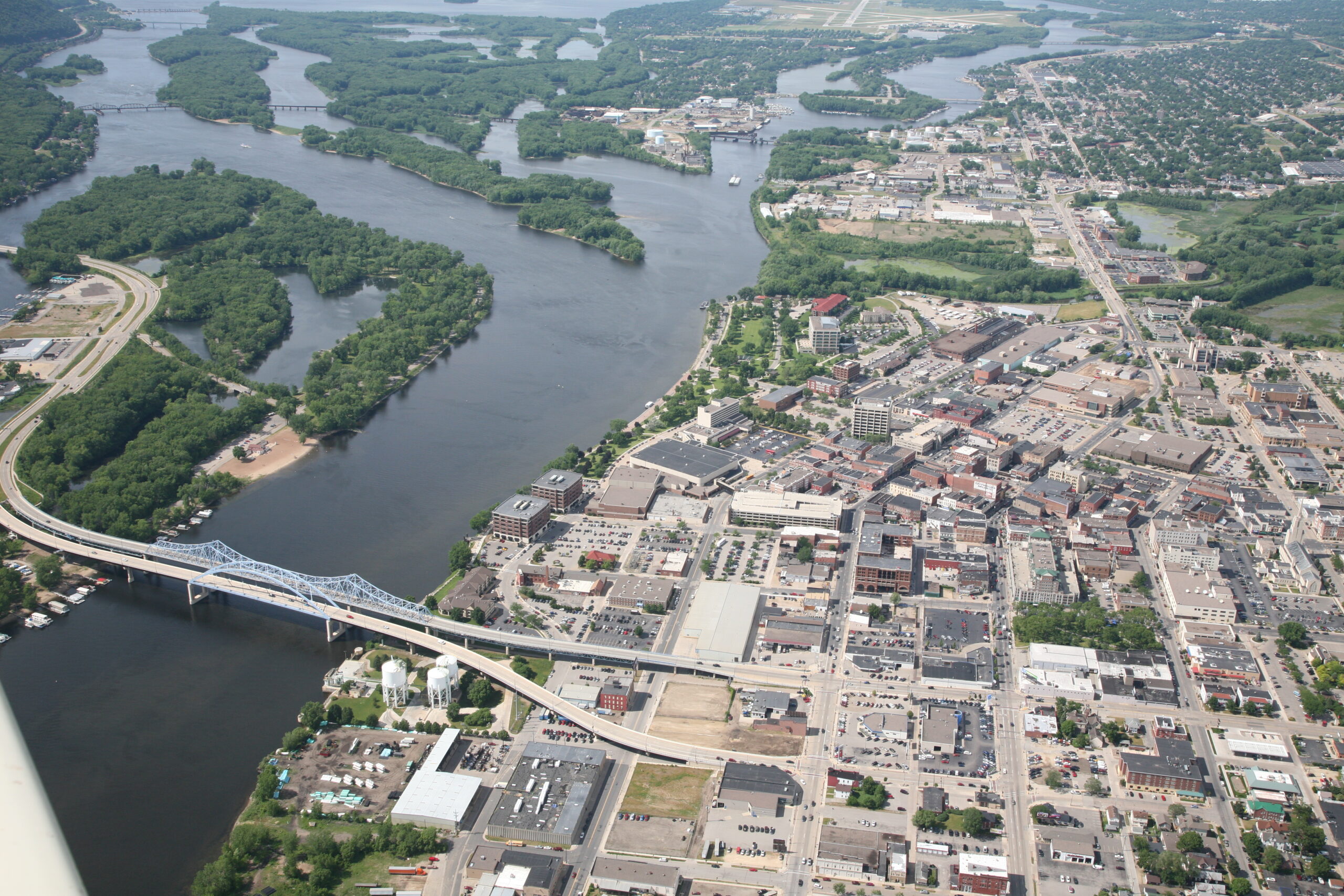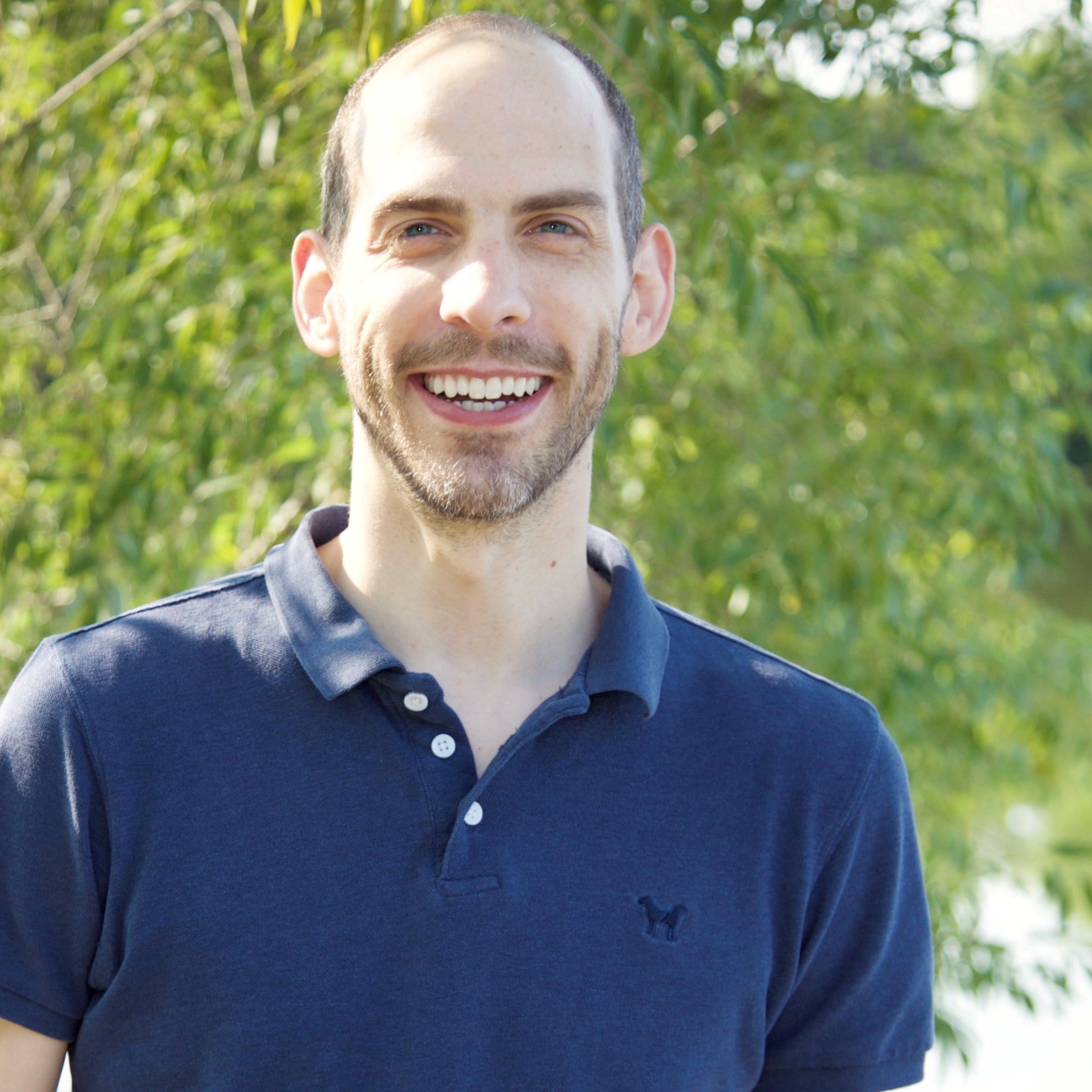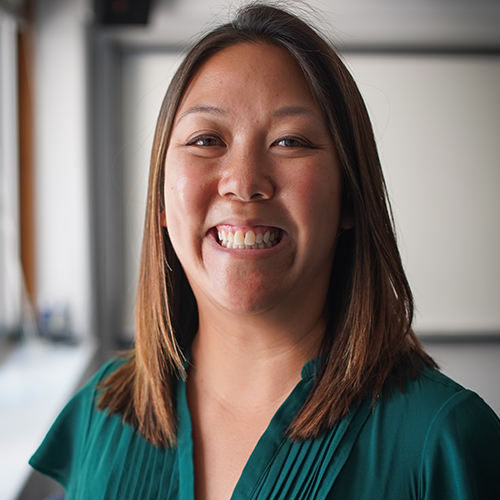Apply now to join our next cohort of Community Science Fellows and Community Leads!

Image Courtesy of City of La Crosse
The purpose of this project is to develop a strategy for the city of La Crosse to help mitigate heat island effects within the city. By identifying specific areas where green space can be installed and potential policy options, the city will be able to work with community partners to implement practices that will benefit current residents, including vulnerable populations like the unhoused, and increase the city’s resilience against future extreme heat events.
La Crosse is the county seat of La Crosse County, WI, and is the central city of its metropolitan statistical area that includes La Crosse County and Houston County, MN. It is primarily urban with a population of about 52,000. It is in Wisconsin’s Driftless Region, bound by the Mississippi River and its bluffs, and is divided by the La Crosse River marsh. It has 3 universities (UW-La Crosse, Viterbo University, and Western Technical College) and 2 health systems (Mayo and Gundersen). Other major employers include Kwik Trip, the City and County governments, Trane, Chart, and the La Crosse School District.
La Crosse is in the process of creating a Climate Action Plan, which is an update of its 2009 Strategic Plan for Sustainability. In addition, La Crosse participates in the One Planet City Challenge (OPCC) program. Based on feedback from OPCC, La Crosse could benefit from addressing future heat waves. Some suggested actions include: heat mapping and thermal imaging, tree planting and/or creation of green space; projects and policies targeted at those most vulnerable; cooling centers, pools, water parks/plazas; and incorporating climate change into long-term planning documents. These actions could build on or parallel Climate Action Plan vulnerability assessments and street tree planting plans.
The community would like to learn about options for addressing heat islands and engage with neighborhood associations and adjacent universities to implement strategies that will result in lower costs, cooler temperatures, more green space, and increased resilience to climate change for the city’s residents. Specifically, the city would like a scientist to collaborate with key stakeholders, including neighborhood associations, social service providers, local planning staff, and local environmental organizations, to develop recommendations for mitigating heat islands and help develop a plan for a demonstration project. City staff will assist by identifying specific areas where trees or green space can be installed. Desired impacts of the project for the community include improved tree planting practices and greater capacity to apply for future funding to support heat island mitigation.

Lewis Kuhlman received a Masters Degree in Urban and Regional Planning with a focus on Environmental Planning from the University of Minnesota’s Humphrey School of Public Affairs. He has worked for the City of La Crosse Planning and Development Department for nearly ten years, first as an associate planner and later as an environmental sustainability planner. Lewis’s main accomplishments include the implementation of La Crosse’s strategic plan for sustainability, managing a performance contract for energy efficiency and renewable energy projects, and leading La Crosse’s climate action planning process.

Natalie Chin (she/her) is Wisconsin Sea Grant’s Climate and Tourism Outreach Specialist, based at the Lake Superior Field Office in Superior, WI. She is focused on linking actionable science with key audiences across the Great Lakes, especially related to climate change and tourism. Her current work includes co-leading the Tourism and Outdoor Recreation Working Group for the Wisconsin Initiative on Climate Change Impacts; efforts to improve flood resilience across Wisconsin; and projects focused on increasing the accessibility of coastal spaces. She also serves as one of the North Central Region representatives for the National Extension Tourism (NET) Network and a member of the Wisconsin Council on Tourism.
Scientist Role
Generally, the project team is looking for team members who can brainstorm options and provide policy options for mitigating heat islands in the city. The project would also benefit from having someone on the team who can help plan a pilot project to test out different strategies as well as someone who has knowledge of which tree species will be best suited for La Crosse’s climate as it continues to change. Some potential areas of specialty include: urban planning, urban forestry, civil engineering. The project team is open to engagement by students and a scientist who works remotely.
Desired Skills and Qualifications (bulleted list):
Thriving Earth Exchange asks all scientific partners to work with the community to help define a project with concrete local impact to which they can contribute as pro-bono volunteers and collaborators. This work can also position the scientists and communities to seek additional funding, together, for the next stage.
(c) 2024 Thriving Earth Exchange